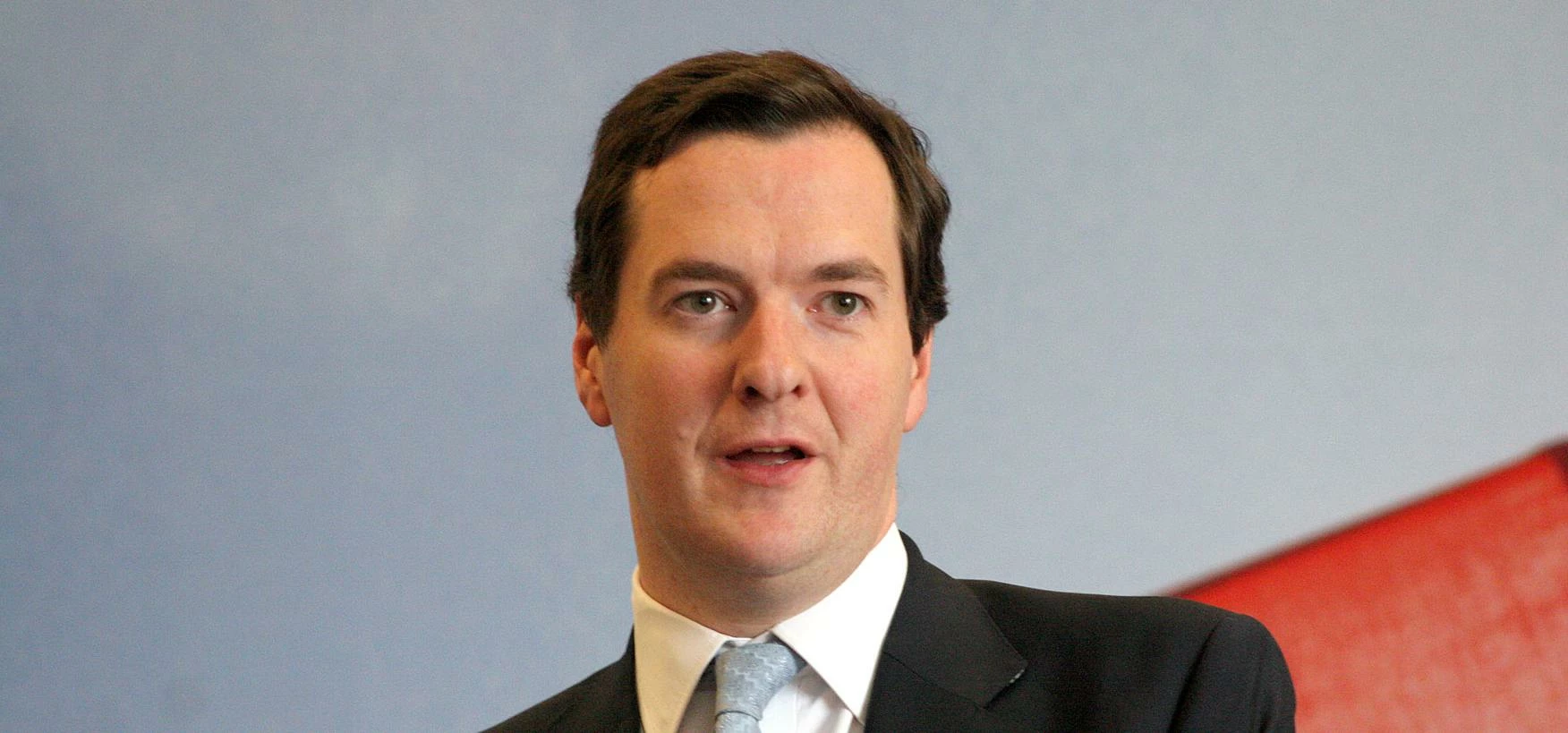
Partner Article
SME reaction to Autumn Statement
Osborne has singled out businesses as the greatest contributor to GDP growth. Yet there are no measures in today’s Autumn Statement that improve the financing options for SMEs. SME finance is the next UK financial scandal in the making. If the government believes “businesses are the lifeblood of the UK economy“ and want to achieve its goal of “backing small business“ more needs to be done. The Chancellor George Osborne has a responsibility to address this and has not gone nearly far enough with measures announced in today’s Autumn Statement.
What should the Chancellor do to improve the financial prospects of smaller businesses? Aside from the obvious levers of lowering taxes or increasing grants and subsidies, there are four key ways the government should help firms get access to the finance they need.
- Act quickly on the proposed remedies put forward by the CMA investigation into the supply of SME banking services. The CMA process needs to run its statutory course, but many of the remedies put forward (e.g. a price comparison website for SME banking products where banks and alternative providers can compete head to head, greater data sharing by banks to help businesses source credit elsewhere) will clearly increase competition and could be accelerated now. While it’s great to see that new regulation is planned to share SME credit data with designated Credit reference agencies, more should be done to give businesses ownership and control of their own data to allow them to shop around.
- Fast track implementation of the referral scheme enshrined in the Small Business, Enterprise and Employment Act of 2015 to ensure that businesses rejected for bank credit are quickly and efficiently referred to alternative providers. This provision of the new law passed in the spring is sadly still not implemented, and recent commentary suggests that businesses might have to wait until autumn 2016 for this to go live.
- Remove any remaining red tape that’s stopping the British Business Bank from deploying capital to SME lenders under its Investment Programme. This welcome initiative was launched in April 2013, extended to £400M in the 2014 Autumn Statement and retained today. The further creation of new Investment Funds for the North is also good news. Given the BBB aim “to promote volume and diversity of supply of lending to smaller businesses by encouraging new entrants and supporting the growth of smaller lenders in the market” more should be done to support the provision of short term debt to support working capital and the late payments problem plaguing SMEs. According to the BBB 2015 annual accounts, over 40% of the much needed, earmarked funds were still yet to be committed, and less than 10% were actually being lent out.
- Look for opportunities to increase price transparency within the commercial finance industry. As consumers, thanks to regulation, we’re used to seeing an APR on finance products. But SME finance is largely unregulated, and promotions need not carry an APR. This allows some providers to hide fees and unanticipated costs in complex terms and conditions. This means some businesses pay more than they should for finance, while others struggle to compare providers and miss out on the best deal – in both cases this increases costs and limits growth.
Growth Street is a new SME lending platform (and an SME itself), do get in contact for further comments.
This was posted in Bdaily's Members' News section by James Sherwin-Smith .
Enjoy the read? Get Bdaily delivered.
Sign up to receive our popular morning National email for free.








 Raising the bar to boost North East growth
Raising the bar to boost North East growth
 Navigating the messy middle of business growth
Navigating the messy middle of business growth
 We must make it easier to hire young people
We must make it easier to hire young people
 Why community-based care is key to NHS' future
Why community-based care is key to NHS' future
 Culture, confidence and creativity in the North East
Culture, confidence and creativity in the North East
 Putting in the groundwork to boost skills
Putting in the groundwork to boost skills
 £100,000 milestone drives forward STEM work
£100,000 milestone drives forward STEM work
 Restoring confidence for the economic road ahead
Restoring confidence for the economic road ahead
 Ready to scale? Buy-and-build offers opportunity
Ready to scale? Buy-and-build offers opportunity
 When will our regional economy grow?
When will our regional economy grow?
 Creating a thriving North East construction sector
Creating a thriving North East construction sector
 Why investors are still backing the North East
Why investors are still backing the North East